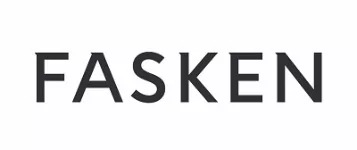Expedited examination is a very welcome addition to the Canadian trademarks practice. It avoids a whopping three and a half year wait before a national application is examined (unless only preapproved terms are used) and the close to 16-17 month wait for the examination of a Madrid application.
No government fees need be paid to expedite, but the request must demonstrate that the applicant is in one of four situations.
One common ground to ask for expedited examination is that registration is required in order to protect the applicant's rights from being "severely disadvantaged on online marketplaces". This applies to the illegal use of a mark in a wide variety of online marketplaces, but can also extend to illegal keyword marketing practices that involve the trademark. If you notice misuse of your trademark online, you should consider asking to expedite your application before making a demand or filing a complaint.
Another fairly common reason to ask for acceleration is that court action involving the trademark is "expected or underway in Canada". This can cover both a situation where the applicant intends to sue another party, but it also extends to a party that anticipates being a defendant and wishes to confirm its right to use by obtaining a registration. This means that parties intending to sue in Canada should quickly file an application before the potential defendant does the same and races to secure a registration. This ground does not require that the lawsuit be in progress, a request can be made at the stage of a demand letter if the applicant intends to pursue matters further in the absence of compliance. Sending the request prior to serving a demand letter should be considered.
The third ground applies where the applicant "is in the process of combating counterfeit products at the Canadian border". This must pertain to the goods or services listed in the application.
Finally the last ground is that the registration of a trademark is required to maintain a claim of priority further to a request made by a foreign intellectual property office, which is much less common.
When heated debate is likely to arise with a third party regarding the trademark, the option to expedite should be carefully weighed. Examiners from the Canadian Intellectual Property Office (CIPO) are often quite inclined to refuse marks that are descriptive notably on the basis of an alleged lack of distinctiveness. An initial refusal by CIPO on this basis – even if wholly unjustified - could perhaps help a defendant with the optics of its case. If there has been substantial use in Canada perhaps the legal claim can be based on trademark rights acquired through use.
A request to expedite is normally accompanied by a sworn declaration setting out the facts. It normally takes one to two weeks for the request to be processed and for either an examiner's report or an approval for publication to issue. Oppositions may be filed in a two month window following publication. If there are no oppositions the registration will then issue.
The content of this article is intended to provide a general guide to the subject matter. Specialist advice should be sought about your specific circumstances.

